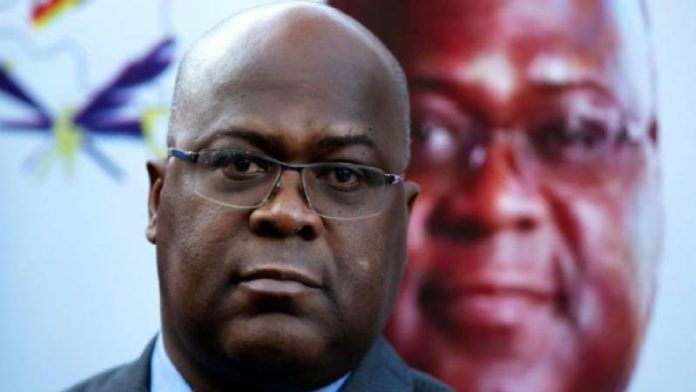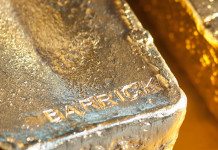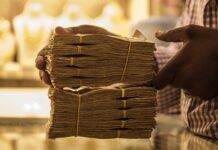
MARK Bristow, CEO of Barrick Gold, said he expected “real change” in the regulatory and political environment of the Democratic Republic of Congo (DRC) following the formation of “a true” coalition government in the country.
DRC president, Felix Tshisekedi, formed a new cabinet in April signalling that the balance of power in the central African country may have shifted. Previously, the cabinet reflected the influence of the former head of state, Joseph Kabila.
“I think we will land on a proper set of legislation and allow investors to get money out of the country,” said Bristow, adding that “engagement” on a controversial Mining Code promulgated under Kablia in 2018 “had already started”.
“There has been no new net investment in the DRC since the mining code was brought into being and now we’ve got charging mineral prices,” said Bristow.
The DRC is one of the world’s largest copper producers. The price of the metal surged through $10,000/t again this week – its highest level in about a decade – after fresh supply side concerns developed in Chile.
The DRC’s mining code drew criticism from miners at the time of its being passed into law. Mining firms said it disregarded stabilisation clauses in the previous code by immediately upping export duties on the base and precious minerals production.
Bristow said the newly elected prime minister of the DRC (Jean-Michel Sama Lukonde) was “a real deal guy. We met with him about 10 days ago.”
“We also get to meet with Felix Tshisekedi any time we need to talk to him,” said Bristow.
Barrick’s recent track-record with the DRC has been far from perfect. The company has been trying for nearly two years to extract its $500m share of profits generated by Kibali Goldmines SA, a joint venture which it holds with AngloGold Ashanti.
It has also faced disruption in the joint venture from SOKIMO (Societe Miniere de Kilo-Moto) which has a 10% stake in Kibali Goldmines. It filed a financial claim with the commercial court in the DRC’s Kinshasa during April saying it was owed $1.1bn in unpaid dividends and other funds.
Barrick described the court action as an attempt to “… extort certain benefits from the company”. Said Bristow this week: It is of no real importance. Just ignore it. The court has dismissed the claim”.










